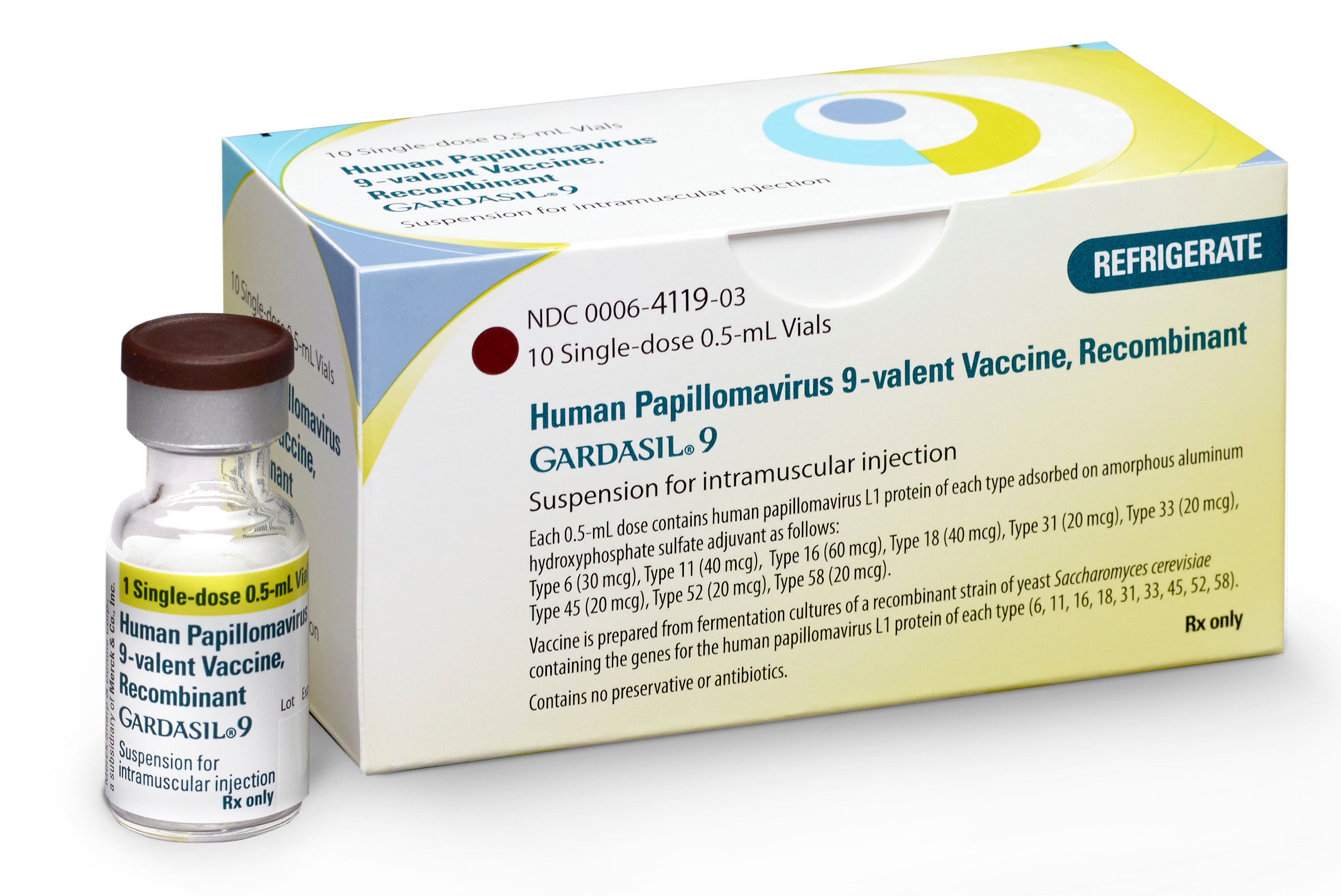US cervical cancers fall but other sex-related cancers rise
A new study shows screening and the HPV vaccine have led to drops in cervical cancers over the last two decades in the U.S. But those gains are offset by a rise in other tumors caused by the virus

Your support helps us to tell the story
From reproductive rights to climate change to Big Tech, The Independent is on the ground when the story is developing. Whether it's investigating the financials of Elon Musk's pro-Trump PAC or producing our latest documentary, 'The A Word', which shines a light on the American women fighting for reproductive rights, we know how important it is to parse out the facts from the messaging.
At such a critical moment in US history, we need reporters on the ground. Your donation allows us to keep sending journalists to speak to both sides of the story.
The Independent is trusted by Americans across the entire political spectrum. And unlike many other quality news outlets, we choose not to lock Americans out of our reporting and analysis with paywalls. We believe quality journalism should be available to everyone, paid for by those who can afford it.
Your support makes all the difference.Screening and the HPV vaccine have led to drops in cervical cancers over the last two decades in the U.S., a new study finds, but the gains are offset by a rise in other tumors caused by the virus.
Oral sex is helping fuel more cases of mouth and throat cancers in men. For older women, anal cancer and a rare type of rectal cancer caused by HPV may be more common than cervical cancers by 2025.
“A common misperception is the HPV vaccine has solved the problem of HPV-associated cancers. Unfortunately, that couldn’t be further from the truth,” said Dr. Maura Gillison of the University of Texas MD Anderson Cancer Center, who was not involved in the study.
Results were released Wednesday by the American Society of Clinical Oncology ahead of presentation at its annual meeting next month.
HPV, or human papillomavirus, is the nation’s most common sexually spread infection. Most HPV infections cause no symptoms and go away without treatment.
But some cause genital warts and others develop into cancers, about 35,900 each year, according to the Centers for Disease Control and Prevention.
In the U.S., the HPV vaccine has been recommended since 2006 for girls at age 11 or 12, and since 2011 for boys the same age, and catch-up shots are recommended for anyone through age 26 who hasn't been vaccinated. Experts agree it will take years to see the true impact because it can take decades for a chronic HPV infection to turn into cancer.
What's driving the HPV cancer trends is the youthful sexual behavior of baby boomers before the vaccine was out. The vaccine works best when given at younger ages before people are exposed to HPV through sexual activity, so it arrived too late for the boomers.
“Sexual trends began changing and liberalizing in the late ’60s, and continued into the ’70s and ’80s, until the HIV epidemic” caused people to be more cautious, said Dr. Ernest Hawk, cancer prevention specialist at MD Anderson, who was not involved in the study.
“People had many more partners and many more types of interactions," Hawk said.
Researchers from the U.S. and Taiwan looked at U.S. cancer statistics from 2001-2017, finding more than 657,000 cases of HPV-related cancers, 60% in women and 40% in men. While cervical cancer cases fell by about 1% per year, other types rose.
For men, oral and throat cancers increased the most, at nearly 3% a year. For women, anal cancer and a rare rectal cancer increased the most, also nearly 3% annually.
The biggest drop in cervical cancers was seen in young women who would have been the first to get the HPV vaccine when they were preteens, said lead author Dr. Cheng-I Liao of Kaohsiung Veterans General Hospital in Taiwan. That suggests the vaccine played a role, along with Pap tests, which have been driving down cervical cancer cases for decades.
No screening tests exist for the other cancers, although research is underway.
One vaccine, Merck's Gardasil 9, is available in the U.S. The cost is fully covered by private and public health insurance.
Vaccination had been increasing before the COVID-19 pandemic and infections were declining dramatically among young women. Research suggests the vaccine was preventing oral infections in men too.
But vaccination dropped off during lockdowns as families missed routine doctor's appointments, Hawk said. Vaccinating middle and high school students for COVID-19 will give doctors a chance to encourage HPV shots at the same time, he said.
___
The Associated Press Health and Science Department receives support from the Howard Hughes Medical Institute’s Department of Science Education. The AP is solely responsible for all content.